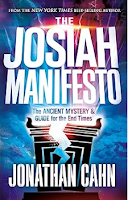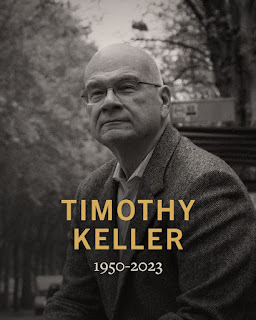This is part 11 of a multi-part review and critique of Jonathan Cahn's latest book published in 2023. You can read Part 1 here, Part 2 here, Part 3 here, Part 4 here, Part 5 here, Part 6 here, Part 7 here, Part 8 here, Part 9 here, and Part 10 here
CONCLUSION
So at this point
you may be asking, “Brian, why did you take all the time and effort to read
this book, and then write a detailed critique?” Good question.
As I mentioned in
the first installment of this review, when pointing out errors in doctrine,
teaching, and interpretation of the Bible, I usually opt for simply dealing
with the erroneous teaching itself, and leave names out of it. After all,
discernment is about much more than simply having a list of approved and
disapproved authors and preachers. It’s about being able to tell when even a
normally sound and reliable teacher is off on a particular subject. But in this
case, since the first nine sections of Cahn’s book were all based on a faulty
interpretation of the biblical Jubilee, and since I have seen Cahn’s works recommended
more than once in the Pentecostal circles I am part of, I felt it imperative
that I address this particular book head-on. When the error is this basic in
its failure to exegete the Scriptures correctly, and is this pervasive in the
book in question, it is time to name names. The Apostle Paul warned Timothy
about Alexander the metalworker who had caused much harm, and called out Demas
for loving this present world (2 Tim. 4:10, 14–15), and names Hymenaeus and
Alexander who rejected the faith (1 Tim. 1:19–20).
As Dr. Vic Reasoner says in his review of The Josiah Manifesto posted on Amazon, “I agree with Cahn’s concerns about our culture, but not with his mishandling of Scripture.” I cannot in good conscience recommend Cahn as a reliable source when it comes to interpreting Scripture. To recommend his books to others, without substantive warnings about the problems his interpretations present, would be tantamount to tacitly approving of his hermeneutic, implying to others that Cahn’s methods are a proper way to read and interpret the Bible.





















